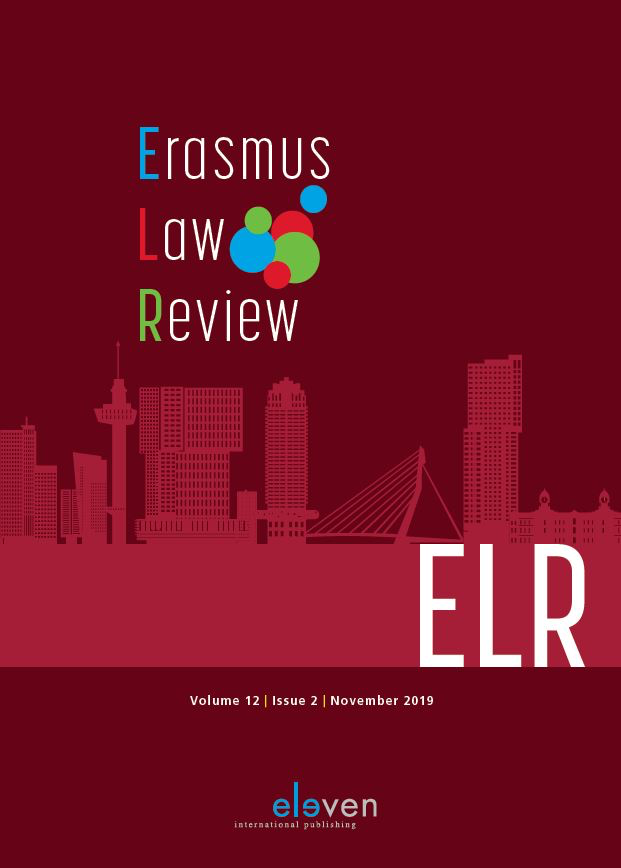|
When discussing O. W. Holmes’s answer to the question What constitutes the law? Morton White underlines the fact that Holmes’s inquiry didn’t focus on developing the concept of law. White states: '…Holmes said little in The Path of the Law about the notion of legal authority, perhaps because he was interested not in what he called a "useless quintessence of all legal systems" but in "an accurate anatomy of one"'. Such ambition (or lack of ambition) is characteristic of many pragmatic enterprises in the field of jurisprudence. However, sometimes the opposition between legal pragmatism and other legal theories is built upon a reference to the notion of the 'nature' or 'essence' of law. Many legal philosophers who aim to reveal the very 'nature of law' (or 'the concept of law' as H. L. A. Hart did) try to interpret Holmes and other pragmatists as offering a competitive view to their own. I will follow White’s early intuition that such a construal of the controversy is simply wrong. Afterwards I will sketch a portrait of legal pragmatism in the context of White’s own inquiry and his version of 'holistic pragmatism'; thirdly, I will present in brief the main reasons for exploring the concept of law in the contemporary analytic philosophy of law. Then I will show that traditionally 'pragmatic' and 'analytic' efforts in legal theory are situated on different levels of generality and conceptuality. However, these efforts can be, at least to some extent, reordered under the aegis of holistic pragmatism. |


Erasmus Law Review
Over dit tijdschriftMeld u zich hier aan voor de attendering op dit tijdschrift zodat u direct een mail ontvangt als er een nieuw digitaal nummer is verschenen en u de artikelen online kunt lezen.
| Editorial |
|
| Auteurs | Rachel Herdy en Sanne Taekema |
| Auteursinformatie |
| Article |
|
| Auteurs | Adam Michał Dyrda |
| SamenvattingAuteursinformatie |
| Article |
|
| Auteurs | Thiago Lopes Decat |
| SamenvattingAuteursinformatie |
|
The paper aims at justifying an interpretation of Dworkin’s theory of Law as Integrity that brings it closer to philosophical pragmatism despite his rejection of legal pragmatism. In order to achieve this aim, this work employs a classification of philosophical commitments that define pragmatism in a broad and in a narrow sense and shows that legal pragmatism follows the main thinkers of pragmatism in the narrow sense in committing to instrumentalism. The attribution of a pragmatist character to Dworkin’s theory of law rests on the idea that the adoption of a commitment to instrumentalism is not implicated by its adoption of other pragmatist commitments. |
| Article |
|
| Auteurs | Wouter de Been |
| SamenvattingAuteursinformatie |
|
Pragmatism has become an established academic topic focused on an accepted canon of works and a number of seminal authors. There is something ironic about this fixation of the Pragmatist tradition. An anticipation of transience and embrace of adaptability runs through many of the classic works of Pragmatism. Nevertheless, there seems to be a tendency to fixate Pragmatism and freeze it in its classic iterations, especially with respect to its philosophy of scientific inquiry. The article seeks to retrieve the dynamics and adaptability the classical Pragmatists built into their notion of scientific inquiry. It seeks to illustrate the need for such flexibility with recent developments in the field of economics. When the financial crisis struck in 2007-2008, this involved more than the insolvency of a number of large banks. The crisis, at the very least, also involved the bankruptcy of a dominant economic model. It raised questions about the rationality of markets and the widespread faith in soft-touch regulation. It cast doubt on decades of neo-classical economic dogma that counseled small government, privatisation, and free markets. Neo-classical economics did not float free from other concerns. It informed notions about the role of the state, the limits of public policy, and the scope of democratic decision-making. Indeed, faith in rational, self-correcting markets affected debates in disparate disciplines like law, political science, philosophy, ethics, and history in many non-trivial ways. Hence, the financial crisis is also a crisis of scientific research. |

 Aflevering 4
Aflevering 4